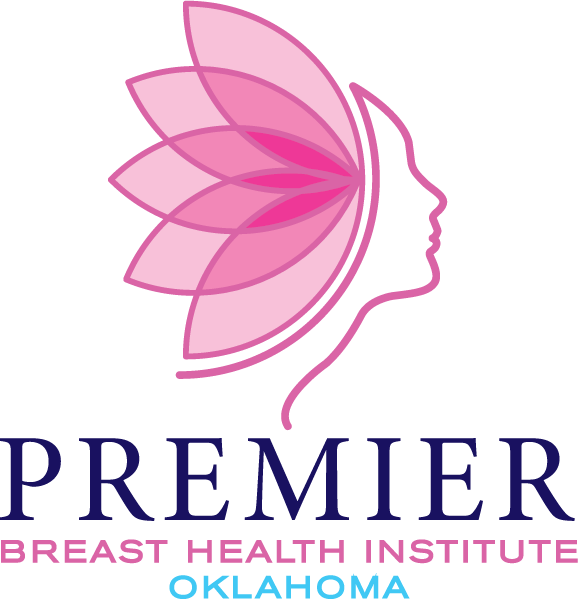What Insights Can Genetic Testing Provide About Your Health?
The conversation around health and wellness is evolving, with genetic testing emerging as a pivotal topic. This technology, which once seemed confined to scientific research, is now a practical tool for personal health management. Genetic testing offers profound insights into one's genetic predispositions, shedding light on inherited diseases and potential health risks. This detailed guide aims to navigate you through the complexities of genetic testing, ensuring you're equipped with the knowledge needed to make informed decisions.
Unraveling the Process of Genetic Testing
The Initial Steps: The journey of genetic testing begins with a simple yet significant step: sample collection. For most tests, this involves a blood sample or a cheek swab. The collected sample contains DNA, the blueprint of your genetic information. In specialized laboratories, this DNA is meticulously analyzed, focusing on specific segments known to be associated with genetic conditions. This analysis can reveal genetic mutations or alterations that may indicate a higher risk of developing certain diseases.
The Laboratory Analysis: With the collected samples in hand, let's shift our focus to what happens next – the laboratory analysis that unlocks the secrets within your DNA. Using advanced techniques like PCR (Polymerase Chain Reaction) and genome sequencing, scientists amplify and scrutinize your DNA. They look for specific genetic markers – changes in your DNA sequence that might signify a health risk. This process is meticulous, ensuring accuracy and reliability in results. This analysis forms the basis of your genetic report, which can provide invaluable insights into your health.
Choosing the Right Test: A Guide for OKC Residents
Understanding Your Needs: Having gained insight into the laboratory process, let's explore the crucial step of choosing the right genetic test to meet your unique needs. The decision to undergo genetic testing shouldn't be taken lightly. It's crucial to first understand why you're seeking this test. Are you looking for insights into a family history of a particular illness, like breast or colon cancer? Or are you curious about your genetic makeup for personal knowledge? Health professionals can guide you in choosing a test that aligns with your goals. They'll consider your family history, personal health risks and what you hope to gain from the testing.
Consultation with Healthcare Professionals: It's highly recommended to consult with a genetic counselor or a healthcare professional before proceeding. These experts can help decipher complex medical jargon and guide you toward a test that best suits your needs. They can explain what specific tests can and cannot tell you, helping manage expectations. For example, a test may reveal the likelihood of developing a certain condition but not guarantee its occurrence. This professional guidance is invaluable in navigating the sea of options and implications.
Exploring the Genes: A Closer Look
Genes Under the Microscope: Genetic tests analyze different genes based on the testing purpose. For instance, tests for hereditary cancers often focus on genes like BRCA1 and BRCA2, which are linked to an increased risk of breast and ovarian cancers. Beyond these, there are genes associated with conditions like Lynch syndrome, which predisposes individuals to colorectal cancer, among others. The scope of genes analyzed can vary widely, offering a tailored approach based on individual risk factors and family history.
Broader Implications: It's essential to understand that while some genes are well studied, the function of many others remains a mystery. Scientists and researchers in the field of genetics constantly evolve it, making new discoveries regularly. Therefore, genetic testing might sometimes return a variant of uncertain significance (VUS), indicating a genetic change whose impact is not yet fully understood. This emphasizes the importance of consistently consulting with healthcare providers to accurately interpret these results and stay updated with new developments.
At-Home Genetic Tests: Yes or No?
The Rise of Convenience Testing: Now, shifting our focus from clinical settings to the convenience of home, let's discuss the rise of at-home genetic testing. The introduction of at-home genetic testing kits has made such testing more accessible and convenient. You can use these kits in the comfort of your home to collect a simple DNA sample, typically through a saliva swab. They can provide insights into your ancestry, traits and, to a certain extent, health risks. However, their ease of use comes with caveats.
Limitations and Considerations: These tests provide a glimpse into your genetic makeup but are not comprehensive. They might not encompass all the genetic variations that could have relevance to your health. Furthermore, the interpretation of results can be challenging without professional guidance. These tests sometimes cause unnecessary anxiety or provide false reassurances. Users must understand these limitations and should follow up with healthcare professionals for a thorough assessment.
Your Path to Confident Health Begins Here!
At Premier Breast Health Institute of Oklahoma, we're dedicated to helping you take charge of your health journey. Our cutting-edge genetic testing in OKC provides invaluable insights into your genetic makeup, empowering you with the knowledge to make informed decisions about your well-being. Say goodbye to uncertainty and embrace the power of genetic testing. Take the first step toward a brighter, healthier future.

